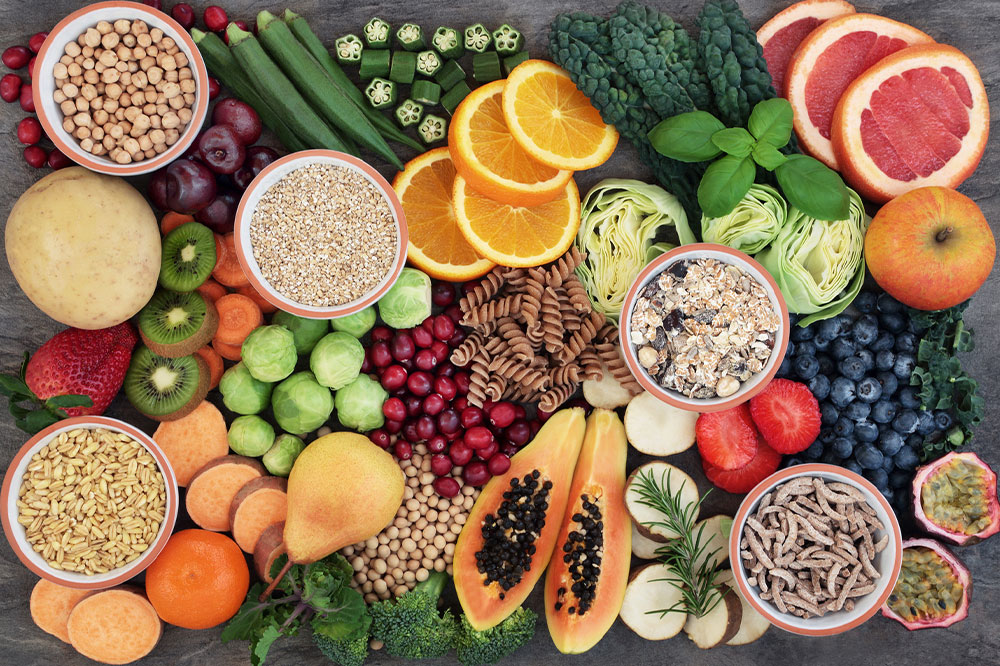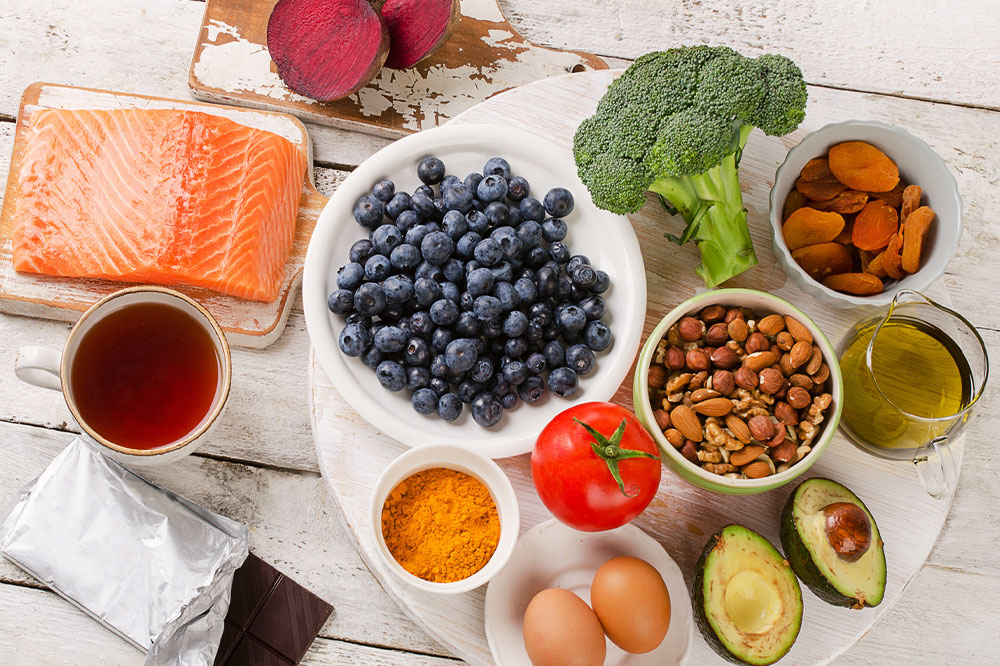Essential Tips for Promoting Prostate Well-being
Discover effective dietary and lifestyle strategies to support prostate health and reduce cancer risk. This guide emphasizes nutritious foods, plant-based proteins, and hydration, offering practical advice for men seeking to maintain strong prostate function and overall well-being.

Essential Tips for Promoting Prostate Well-being
Eating nutritious foods and maintaining a balanced diet can significantly lower the chances of developing conditions such as cancer, heart disease, obesity, and diabetes. A healthy diet not only boosts the immune system but also enhances energy levels, aiding recovery and overall health.
To support prostate health and reduce cancer risk, focus on consuming plenty of fruits and vegetables that are rich in fiber and low in fats and sugars. Incorporating specific food groups can make a notable difference.
Supporting Prostate Health
Fruits and vegetables are packed with essential vitamins, antioxidants, fiber, and minerals that can reduce inflammation. Including a variety of vegetables like cabbage, kale, Brussels sprouts, cauliflower, and broccoli provides phytochemicals that combat oxidative stress. Citrus fruits such as carrots, tomatoes, mushrooms, pomegranate, grapes, and grapefruit are beneficial for prostate health. Research indicates that lycopene, an antioxidant present in tomatoes and red vegetables, can lower prostate cancer risk.
Limit consumption of animal products like dairy, red meat, and fat-rich meats such as lamb, pork, and beef, as they are linked to higher prostate cancer risk. Incorporating soy foods such as soy milk, edamame, tempeh, and tofu provides isoflavones, which have protective effects. Countries with high soy consumption tend to have lower prostate cancer rates.
Plant-based proteins like nuts, flaxseeds, and beans contain lignans and quercetin, which help inhibit cancer development. Drinking green tea, rich in flavonoids, also supports prostate health. Opt for whole grains like quinoa, farro, millet, oats, bulgur, barley, and brown rice over processed grains for added fiber and nutrients.
Reduce sugary carbonated beverages; instead, hydrate with plenty of water to improve metabolism and eliminate toxins. Choose organic foods free of chemicals and pesticides for optimal health. Maintaining a lean weight reduces cancer risk, as obese men are more prone to cancer spread beyond the prostate. Post-treatment, consulting a dietitian can help ensure proper nutrition during recovery.
Note:
This blog offers valuable insights into maintaining prostate health through diet and lifestyle choices. While the information is based on research, it should not replace professional medical advice. The website disclaims responsibility for data discrepancies or errors. We recommend consulting healthcare providers for personalized guidance.










